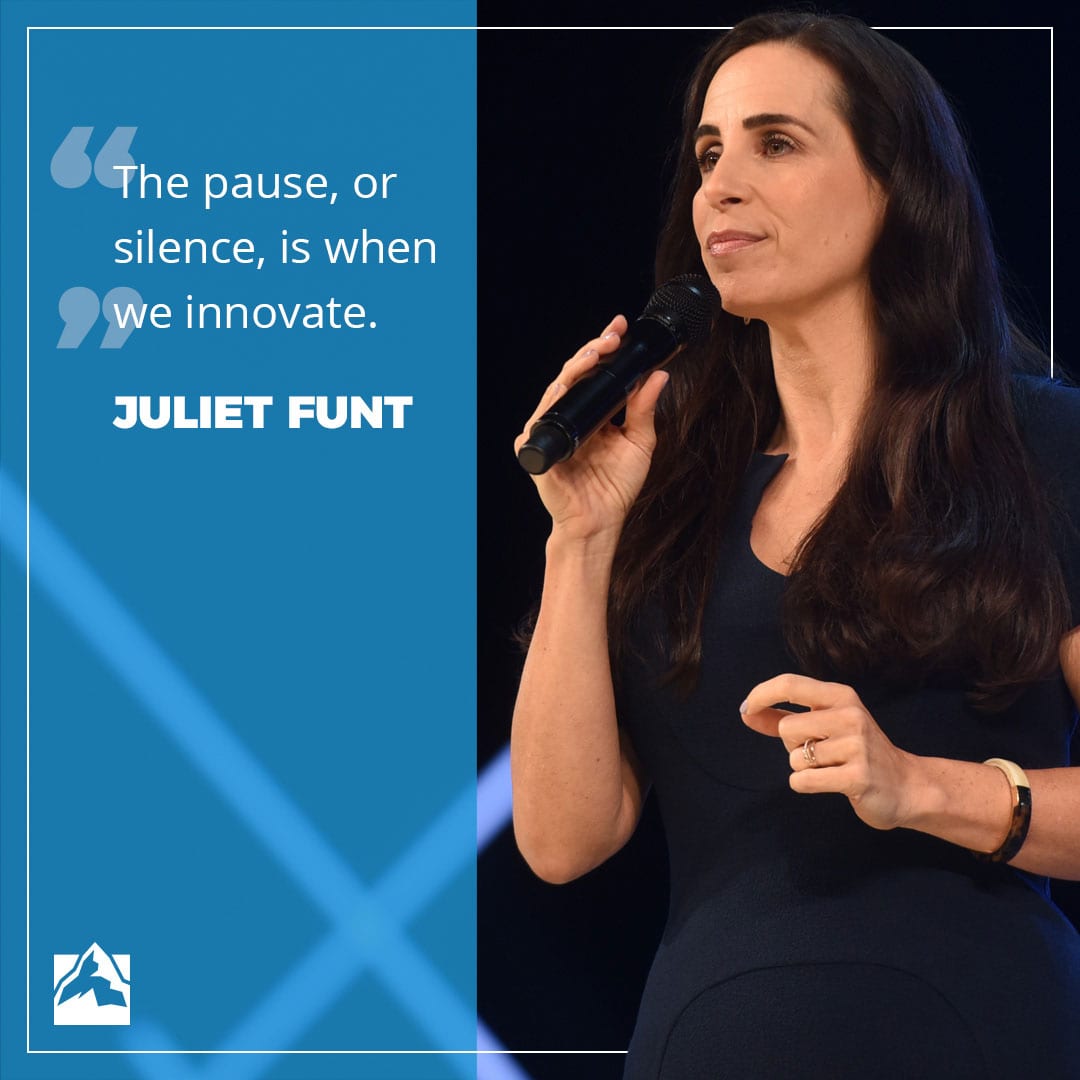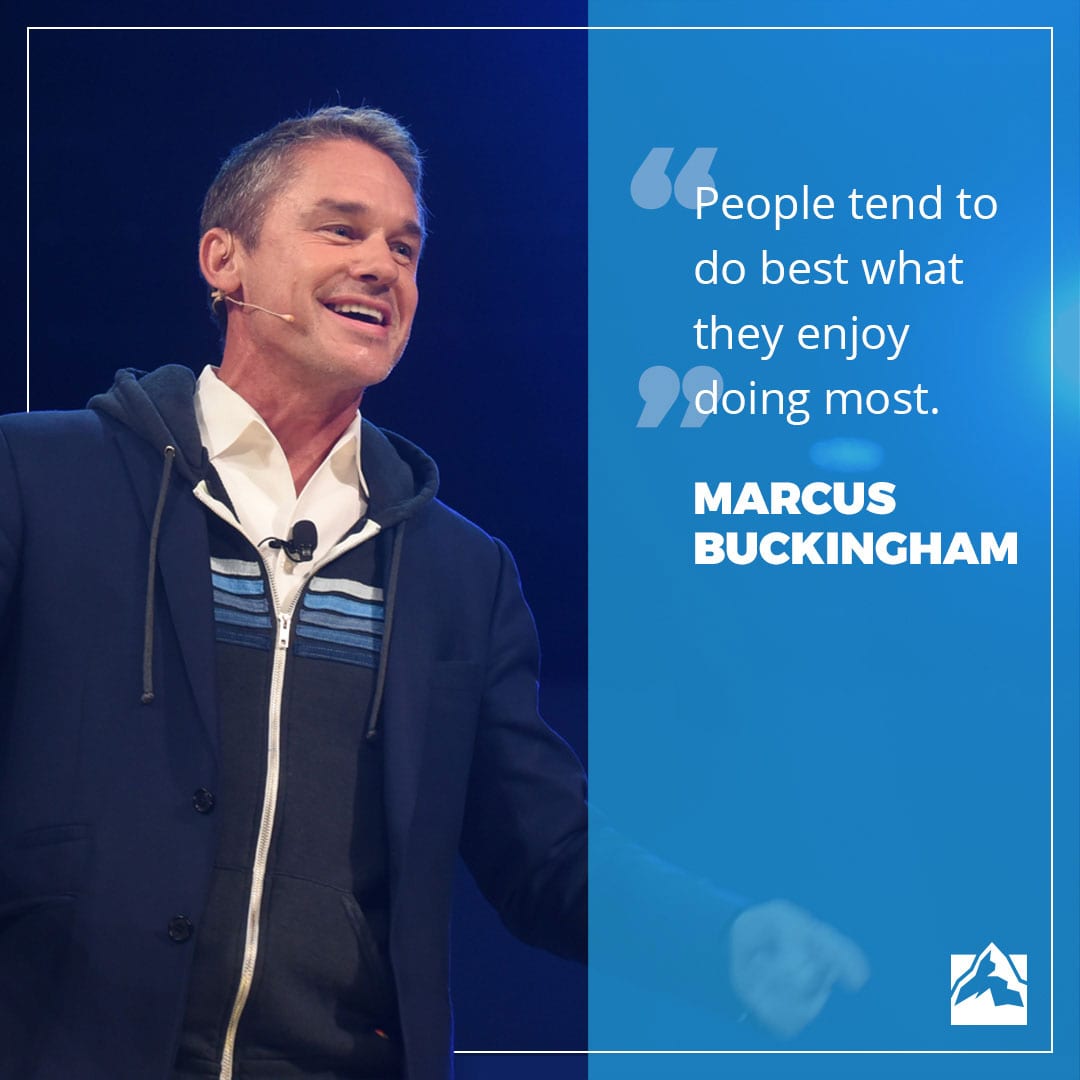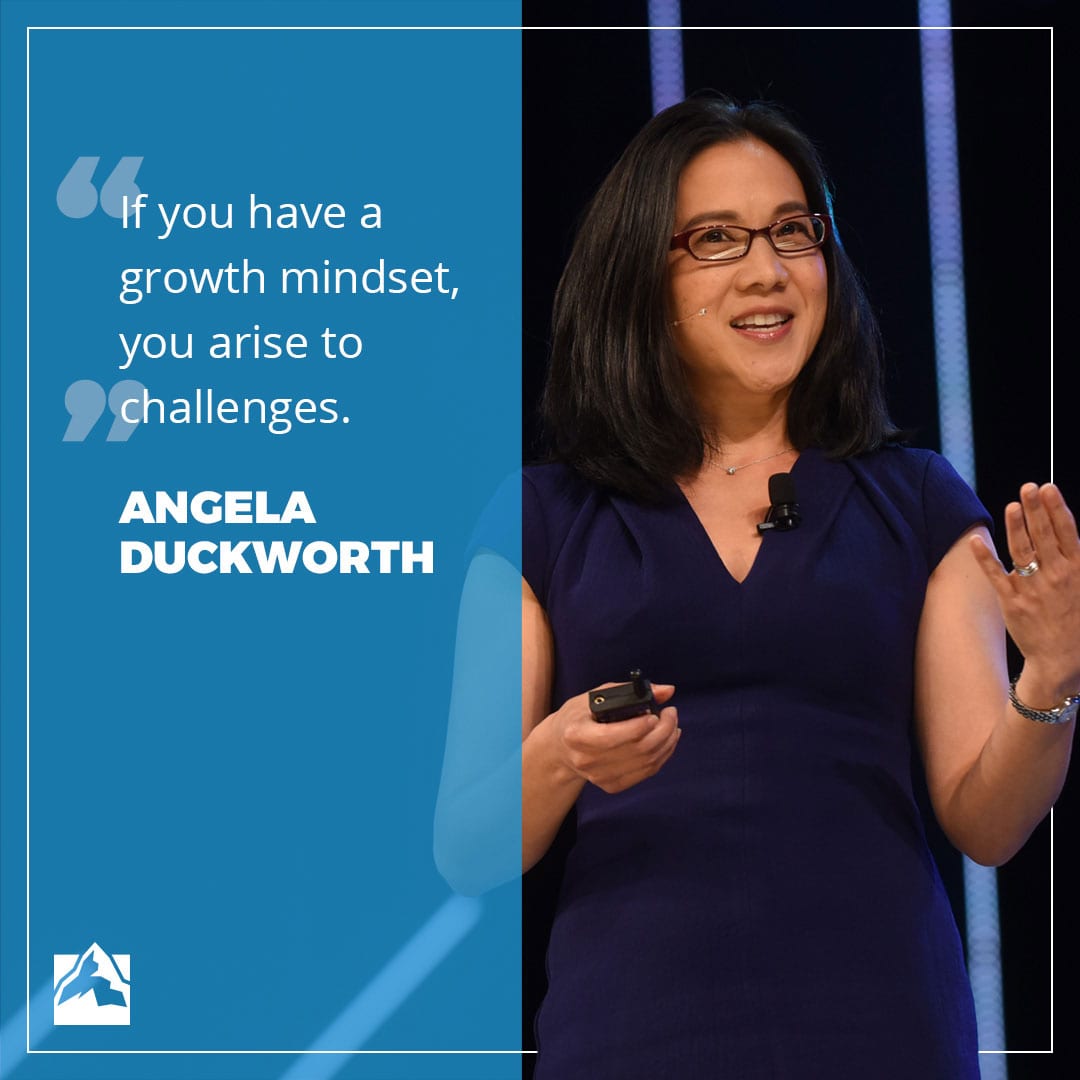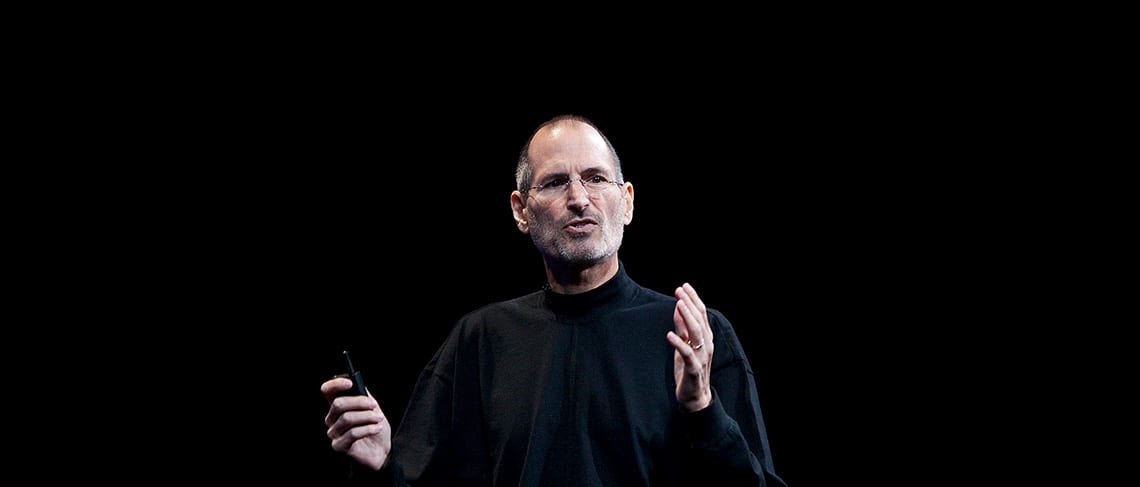
The pause, or silence, is when we innovate.

The pause, or silence, is when we innovate.

People tend to do best what they enjoy doing most.

If you have a growth mindset, you arise to challenges.

Remember this?

It’s one of the original iPods. And while it might seem like a relic, it’s still only a few years old—at least in relation to the beginning of time.
When Apple introduced this, it was a marvel of technology. It would not only go on to change the music industry, it would eventually go on to change the cell phone industry, how we interact with the internet and even impact our daily lives. The iPod was a great idea.
But it’s not enough to have a great idea. You must have the ability to communicate your idea in a way that other people understand it and gravitate toward it.
That’s true with your ideas, with my ideas, and it was true with the iPod.
Steve Jobs understood that a great idea doesn’t sell itself, even though we’ve been led to believe that. There are millions of great ideas that you and I have never heard of—not because they weren’t great ideas. The reason we’ve never heard of them is because of a principle I want to teach you.
A great idea poorly communicated is a stalled idea.
This is why many great ideas never gain traction.
Steve Jobs understood this and he worked hard at making sure the great idea of the iPod wasn’t poorly communicated.
He understood that A Great Idea + Great Communication = Momentum.
On the day he introduced the iPod, instead of getting caught up in all the technical jargon, which would have been interesting to some, he combined a great idea with great communication that everyone could understand.
He chose to explain the iPod in a simple, clear and compelling manner.
He communicated it to us in the form of a picture—one that was both easy to understand and amazing to think about.
“What’s an iPod?” he asked, on the day he presented it. “It’s like having a thousand songs in your pocket.”
The next day, the Wall Street Journal published this headline: iPod: A Thousand songs in your pocket.
A Great Idea + Great Communication = Momentum.
This seems easy. But, it’s not.
Communicating your idea with clarity and simplicity requires a lot of work. In fact, it takes more time to prepare shorter messages.
As President Woodrow Wilson once said about his message preparation, “If I am to speak ten minutes, I need a week for preparation; if fifteen minutes, three days; if half an hour, two days; if an hour, I am ready now.”
Here’s a secret that many people overlook when it comes to communicating their ideas: Minimum words often create maximum results.
When I work with clients on pitching their ideas, they often show up with a massive slide deck as if more and more content will impress.
It rarely does.
Less is more. Clarity reigns. Simple wins.
As Albert Einstein said, “If you can’t explain it simply, you don’t understand it well enough.” (And consider Dr. Einstein’s plight. He had to explain the theory of relativity. Now, that’s a challenge!)
This is why the analogy of an elevator pitch is powerful. If you were given the opportunity to explain and pitch your idea to a possible investor or supporter, could you do it on a short elevator ride?
If not, perhaps it’s why your idea may have stalled.
Too often, leaders are convinced their ideas aren’t good enough when, in reality, it actually might be the communication of your idea that is the real problem.
Do you have an idea or program that seems stalled?
If so, take a hard, honest look at how you are communicating your idea. Can you communicate it effectively in 3 – 5 minutes?
If not, it might be a clue into why you are stuck—and how to get unstuck.

As a leader, when you can unlock someone’s heart, you’ll be able to earn their trust.

Creativity expert Fredrik Härén talks about why we need to handle a new idea with care.

 When Janos Illessy, businessman in Hungary, first heard about The Global Leadership Summit, he was skeptical.
When Janos Illessy, businessman in Hungary, first heard about The Global Leadership Summit, he was skeptical.
While President of CBMC Hungary, a Christian business organization, he met Ulf Osterland, the head of European operations for the GLS. When Ulf explained what the Summit was all about, Janos’ response was, “We’re going to have a conference and watch videos?” But as Ulf explained further, and showed him some of the content, Janos changed his mind.
Because of this one thing, Janos says, “I immediately realized this event, with both the practical and inspirational content, was going to have an impact on my country. I’ve seen it become a huge help for the business world and the Church world.
“On one hand, there are good leaders in Hungary, good business leaders, non-profit leaders and even some politicians, but they don’t necessarily have a sense of purpose. Is it power, money or fame? I see that there is a higher calling. Because of the GLS, these leaders are realizing they can have purpose.
“On the other hand, I also see church leaders who have purpose and spirit, but they don’t necessarily have the skills needed to accomplish their vision. Because of the GLS, they are developing their skills to advance the Kingdom.
“That is what GLS brings together—both the wonderful skills we can learn here, but more importantly the spirit, purpose and passion for a grander vision. This is the major contribution of GLS.”
As the GLS grows in Hungary, Janos has a vision to see more people come to know Jesus.
“Certainly my biggest discontent is for people to meet Jesus, not just come to church,” says Janos. “It is my passion that people meet the Lord. Then they can become a pastor wherever they are, and they can become a leader wherever they are. As a result, more people can come to know Jesus.”
Janos is no longer a skeptic of the GLS. He’s become more involved on the organizing committee selecting speakers, being a facilitator and doing translation.
“I believe there are no accidents,” says Janos. “The fact that I ended up as a facilitator, as someone who is leading or participating in events, is not an accident. God wanted me to be here.”

We resist and criticize something we don’t understand. Strive to understand.

Business researcher Marcus Buckingham digs into the research behind his contention that annual goal-setting does little to improve performance.

However long your life is, it is your gift to choose how you use it. To love, or to hate.
“We welcome and encourage comments on this site. There may be some instances where comments will need to be edited or removed, such as:
If you have any questions on the commenting policy, please let us know at heretoserve@globalleadership.org”
Recent Comments